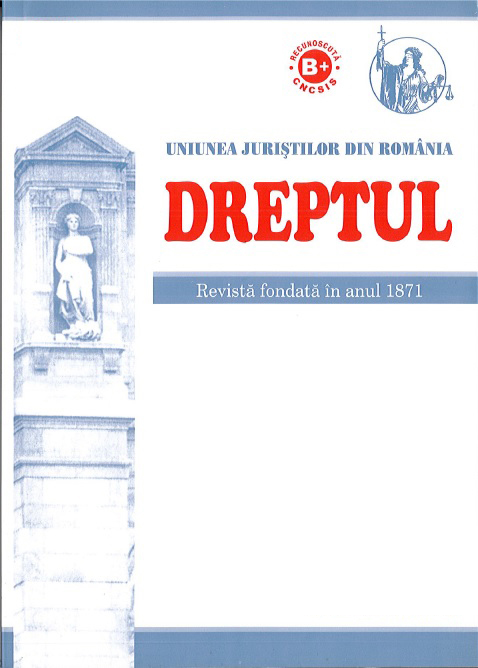The present study analyses from the point of view of the jurisprudence of the European Court
of Human Rights (ECHR) a topic of current interest in the Romanian law, namely the topic of the
legality of evidence as a link between the rule of law and the right to a fair trial. By corroborating
general principles and individual solutions emerges a differentiation mechanism used by the ECHR in
order to distinguish between possible breaches of the domestic law in respect to their nature and
degree. While in principle the way the law is interpreted and the breach of law allegedly committed in
obtaining and presenting the evidence are by themselves irrelevant from the perspective of the fair
trial, the arbitrary or manifestly unreasonable interpretation of the law, which violates the principles of
the rule of law, is relevant from that perspective. A serious breach of law can mean the inadmissibility
of the evidence obtained thereby. The ECHR doesn’t lay down general rules regarding the
assessment of the arbitrary or manifestly unreasonable character of the interpretation of the law and,
respectively, the seriousness of its breach, but from the case-law emerges a series of relevant
criteria, such as the manifest error of assessment, the breach of law committed in bad faith or
systematically, inevitable discovery of evidence and the purpose of law.
STATUL DE DREPT ȘI ADMISIBILITATEA PROBELOR ÎN JURISPRUDENȚA CURȚII EUROPENE A DREPTURILOR OMULUI
15.00lei


